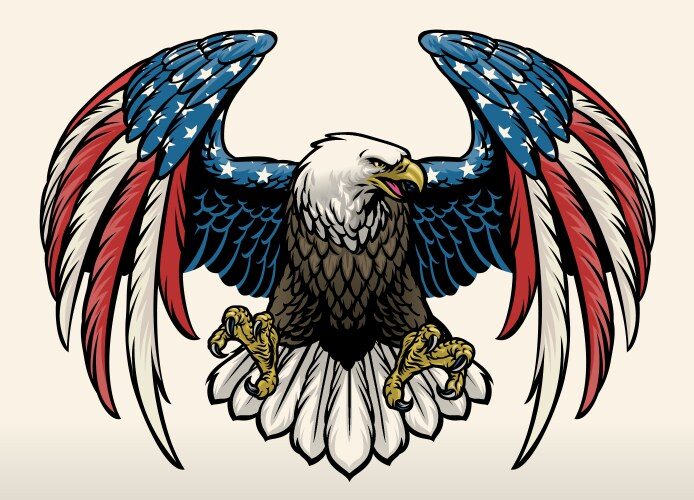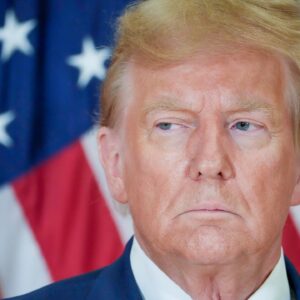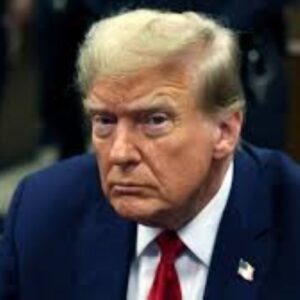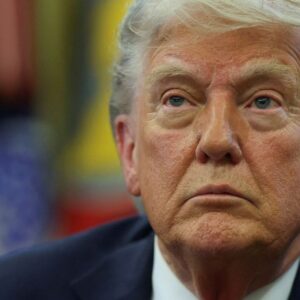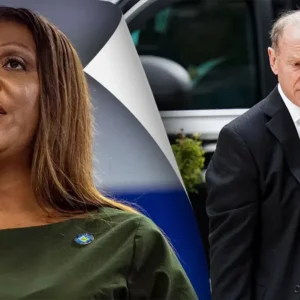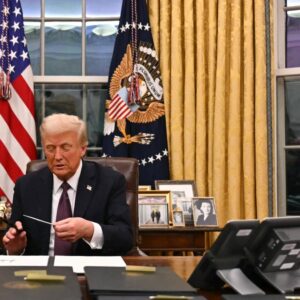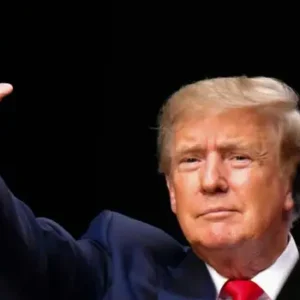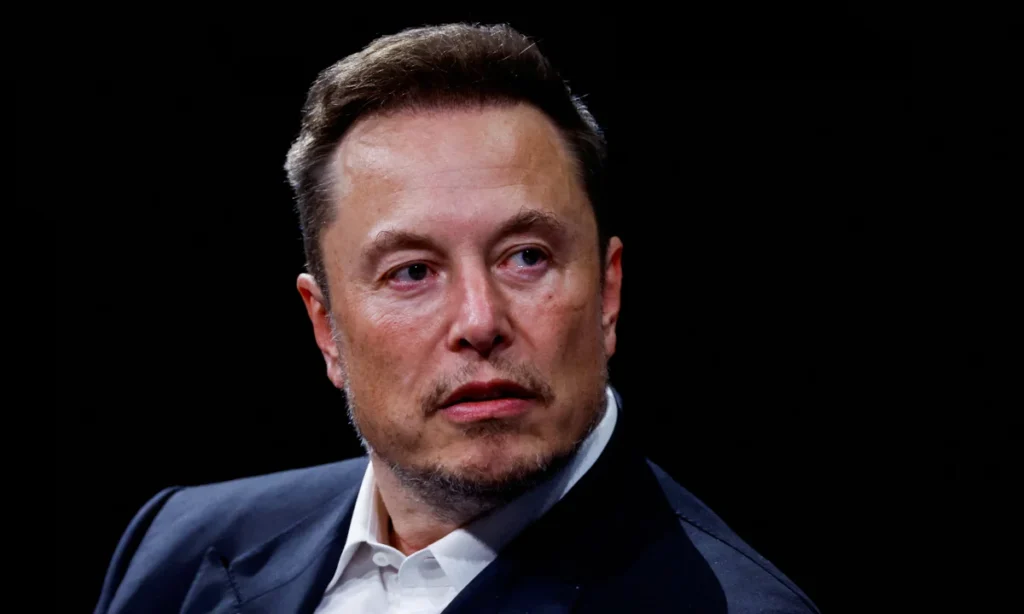
In an age where public discourse is tightly scrutinized and innovation often disrupts entrenched systems, individuals who speak boldly and challenge the status quo become lightning rods. Elon Musk, for better or worse, has become one of the most polarizing figures of the modern era. Admired by millions for his revolutionary work in technology and space, and criticized by others for his unfiltered communication style, Musk embodies a larger cultural conflict between radical transparency and the forces that seek to suppress it.
This article is not about idolizing Elon Musk, nor is it an attempt to paint him as a flawless figure. Instead, it is about the importance of safeguarding voices that dare to be honest, even when they are inconvenient. It is about the necessity of creating a world where someone can be guarded, not silenced. It is a reflection on what it means to protect individuals who challenge norms—because when we protect such people, we’re ultimately protecting our collective right to speak freely, build boldly, and dream without limits.
The Cost of Being Open
Elon Musk is nothing if not open. From livestreaming rocket failures to tweeting his way through billion-dollar market swings, Musk has rewritten the playbook on how tech leaders operate in the public eye. His platforms—whether Twitter (now X), Tesla, SpaceX, or Neuralink—are all extensions of a larger philosophy: open exploration, uncensored thought, and boundary-pushing ambition.
But with that openness comes danger. In a world increasingly wary of missteps, being honest and direct can carry a heavy cost. Social media mobs are quick to pounce. Regulatory agencies loom large. And critics—both in media and in politics—often act not just to disagree, but to dismantle.
Being honest in today’s world often means being misunderstood, misrepresented, or made into a villain. And for figures like Musk, who exist in the public spotlight and make statements that challenge conventional wisdom, the pressure to self-censor is immense.
The Role of the Guard
To be guarded does not mean to be hidden. It means to be protected. There is a critical difference between shielding someone from accountability and ensuring their right to express bold, disruptive ideas. We do not need to agree with everything Elon Musk says or does—but we must recognize the value of preserving the space for him, and others like him, to think, speak, and act freely.
Guarding someone like Musk means understanding the stakes of innovation. It means creating legal and societal frameworks that don’t punish leaders simply for thinking differently. It means allowing room for discomfort in discourse—because the most transformative ideas rarely begin in comfort zones.
In a society where those who challenge the narrative are often ostracized, a protective barrier around radical thinkers is not just wise—it’s necessary. Not for their ego, but for our progress.
Innovation Is Not Politically Correct
Innovation is messy. It doesn’t always follow a polite path. It steps on toes, rattles institutions, and forces us to reexamine what we once considered absolute. Throughout history, the greatest inventors, scientists, and thinkers were often scorned in their own time. What if they had been silenced?
Imagine if Nikola Tesla had been more “appropriate.” If Galileo had been afraid to speak against the prevailing views. If Martin Luther King Jr. had toned down his rhetoric for fear of backlash.
Progress demands that we tolerate the discomfort of hearing things we don’t agree with—because somewhere in that friction, we often find truth.
Elon as a Symbol
Elon Musk is not just a businessman. He is a symbol—of curiosity unchained, of vision pursued without regard for norms. Whether it’s making humanity multiplanetary through SpaceX, accelerating the world’s transition to sustainable energy through Tesla, or experimenting with brain-computer interfaces through Neuralink, Musk embodies a relentless drive to push the boundaries of what’s possible.
Of course, symbols are easy to either worship or destroy. But the real task lies in engaging with them constructively. Instead of asking whether Elon is a hero or a villain, we should ask: What systems allow him to succeed? What protections should exist for those who push the envelope? What balance must we strike between regulation and innovation?
A Culture of Censorship
We live in a time where public figures can be de-platformed, debanked, or demonetized for expressing views that are deemed controversial. The line between accountability and censorship has blurred. While there must always be room for correction and consequence, we must also resist the tendency to shut down those who think differently.
This isn’t just about Elon Musk—it’s about anyone whose ideas shake the foundations of comfort. The journalist who dares to investigate the powerful. The whistleblower who exposes a system’s flaws. The young entrepreneur who builds a product that makes yesterday’s titans obsolete.
To allow these voices to flourish, we must commit to a principle that is increasingly endangered: the principle that disagreement does not equal harm, and that being bold is not the same as being dangerous.
Why We Must Care
So why does it matter if Elon Musk is protected, not punished for his openness? Because he represents more than just himself. He represents the kind of future we want to build—a future where ideas are debated, not buried. Where leaders are judged by their results, not their Twitter tone. Where fear does not replace freedom.
In defending honest voices, even difficult ones, we defend the ecosystem of free thought and innovation that makes progress possible.
The Call to Action
We don’t have to agree with everything Elon Musk says or does. But we should defend his right to say it. We should champion the value of a society that welcomes disruptors, supports risk-takers, and protects open dialogue.
To be guarded, not silenced is not a privilege—it’s a right we must extend to every honest voice that contributes to the progress of humanity.
If we want a future that is bold, free, and limitless, we must be willing to protect those who dare to speak honestly—no matter how loud the world tries to silence them.
